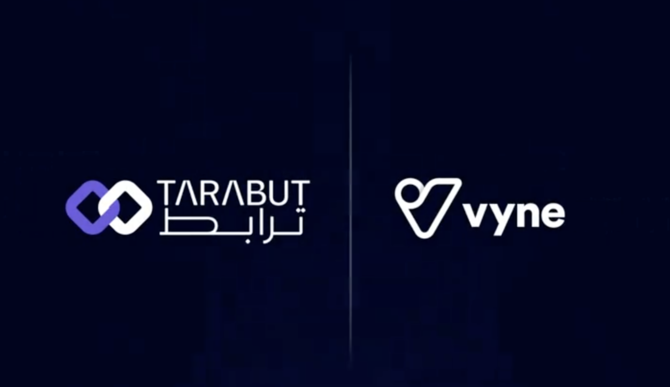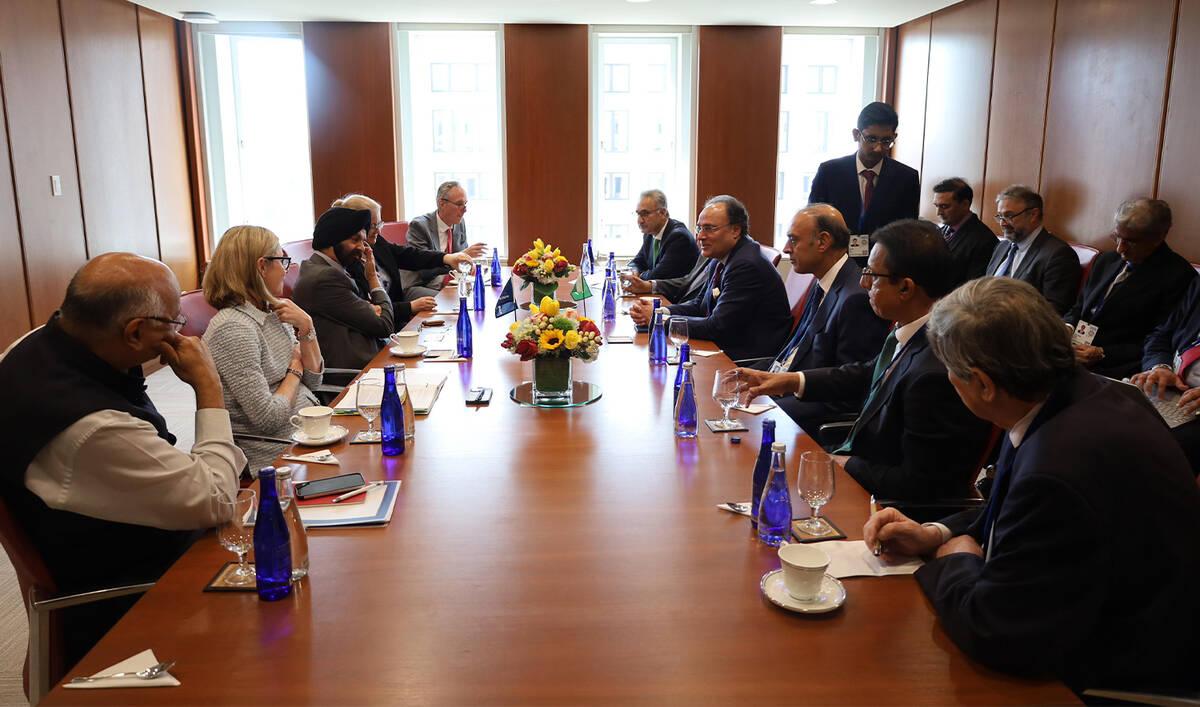RIYADH: Open banking platform Tarabut will integrate advanced technology from the newly acquired payments company Vyne, bringing greater efficiency to the region, according to the company’s CEO.
In an interview with Arab News, Abdulla Al-Moayed highlighted the transformative impact that Vyne’s account-to-account payment technology will have on the Middle East’s financial landscape, particularly in Saudi Arabia.
“Vyne’s account-to-account payment technology brings a level of depth and efficiency to the region that’s unmatched by anything currently available,” he said.
“By enabling faster transactions and offering a comprehensive tech stack, we’re not just speeding up payments — we’re adding significant value with features like seamless reconciliation. This will make payments not only quicker but also more cost-effective, setting a new standard in the financial services sector across the Middle East, especially in Saudi Arabia,” he added.
When asked about the challenges of integrating Vyne’s technology with Tarabut’s existing platform, Al-Moayed expressed confidence in a smooth transition, thanks to the firm’s established relationships with top regional financial institutions.
“Given our strong integration within the ecosystem through Tarabut’s established connections with leading banks, we anticipate a smooth and swift deployment,” he said.
“The integration is well on track, with our first customer in Bahrain expected to go live within a couple of weeks. While regulatory landscapes vary across MENA (Middle East and North Africa), our deep understanding of these markets and our existing partnerships will help us navigate these differences effectively,” he added.
Regarding how the acquisition of Vyne will help differentiate Tarabut from other fintech players in the region, Al-Moayed pointed to the enhanced capabilities and new opportunities that the technology will bring.
“With Vyne’s technology, we are poised to revolutionize access to financial services, making them faster, more efficient, and more affordable for our users,” he said.
“This acquisition allows us to close the loop on the transaction processes for the various use cases we support, positioning Tarabut as the go-to platform for comprehensive financial solutions. It opens up new opportunities for us to innovate and offer even greater value to our customers across the region,” he added.
The agreement, which received approval from the Saudi Central Bank and the UK’s Financial Conduct Authority, was finalized on Aug. 1, boosting Tarabut’s market standing as the new Payment Initiation Services regulations in Saudi Arabia and Open Finance frameworks in the UAE take effect.
“We are excited to welcome Vyne into the Tarabut family. This acquisition is a pivotal step in our long-term growth strategy, allowing us to bring mature, tried and tested payment products to the region and providing solutions for the everyday issues that merchants and consumers face when taking or making payments,” Al-Moayed said.
Founded in 2019, Vyne has quickly established itself as a major player in the UK, claiming it has processed over £1 billion ($1.3 billion) in transactions.
Its technology allows customers to make instant, direct bank account payments, bypassing traditional, slower, and more costly methods.
This capability will soon be available across the Middle East, providing businesses in sectors such as retail, automotive, and SMEs with streamlined, cardless payment solutions.
“With Vyne’s technology, we are well-positioned to capitalize on new opportunities for innovation, market penetration, and sustainable growth. This is a significant milestone in Tarabut’s mission to seamlessly connect financial ecosystems in the Middle East,” Al-Moayed added.
The acquisition also strengthens Tarabut’s tech stack, combining its data and compliance products with Vyne’s payment expertise.
This integration is expected to enhance operational efficiency, offering features such as real-time reporting and reconciliation.
As the region prepares for new financial regulations, Tarabut aims to lead with a compliance-first approach, ensuring seamless and secure transactions across its expanding network.
“The Middle East is experiencing exponential growth and transformation in the financial services sector, and as regulations catch up, our technology can simultaneously ensure compliance and convenience,” Karl MacGregor, CEO and co-founder of Vyne, said in a press release.
“Merchants and consumers want speedy, secure, and convenient customized payment experiences. Open banking solutions can deliver on this demand. We believe the future of payments is digital and they need to be frictionless, contactless, and fair. Becoming part of the Tarabut family allows us to bring our innovative payment solutions to one of the fastest-growing markets in the world,” he added.
Founded in 2017, Tarabut raised $32 million in its latest funding round.




















